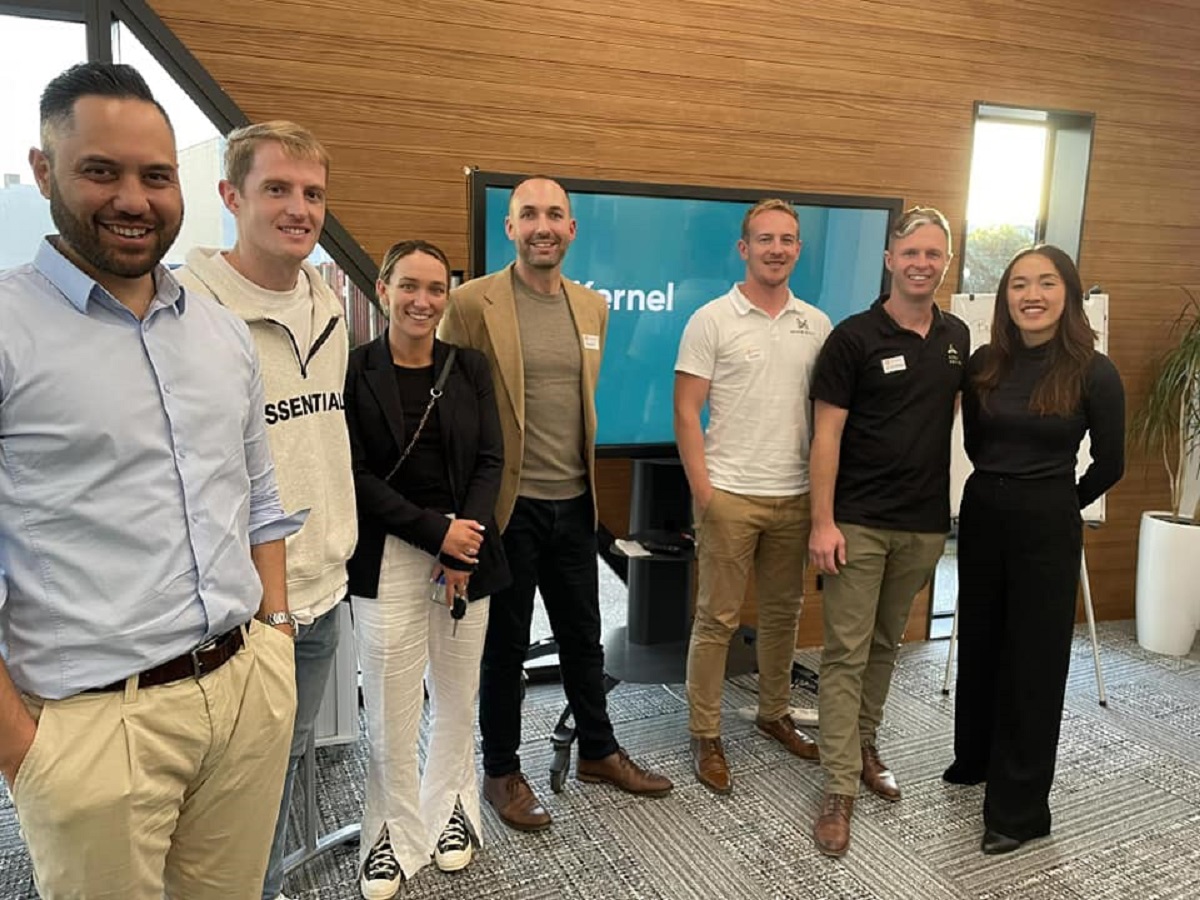On 16 May, our guest speaker was Dean Anderson, Founder and CEO of Kernel at the community meeting room of Trust Waikato at Little London Lane in Hamilton. This was the first trial of an afternoon meeting presentation because of the difficulties in reaching the caterer’s minimum numbers to make the evening meetings at the Hamilton Golf Club worthwhile. The meeting started at 3.30pm after a light snack of muffins and a hot drink.
In the past we have seen retail euphoria about different types of investments – things like gold and dotcoms. Since 2020 there has been an influx of new investors to the market. From the trading high point of this cycle, now with the current market downturn, there has been a 75% decline in the volume of ETFs traded.
DeaN recommended the book Bulls, Bears, and Elephants (1997) which is a history of the New Zealand share market. The book traced the development of the business of stockbroking in New Zealand and the growth of the Stock Exchange as an institution. The elephant reference is based on the fact that New Zealanders, in times of fiscal excitement, charged in herd to their local stockbroker. It provides accounts of the stockbrokers’ central roles in episodes in New Zealand history, from the quartz mining booms in the late 1860s to the economic reforms and speculations of the 1980s.
Kernel is a New Zealand based investing platform oriented towards enabling investors to save and invest towards short, medium and long-term goals by utilising cost competitive index funds. It was set up about three years ago because of frustration with the inefficiencies, lack of innovation, and low level of financial literacy holding back the New Zealand financial industry, and ultimately New Zealanders’ financial futures. It is the fastest growing multi-fund manager in New Zealand and has won various awards.
The median age of their investors is 39 years who might have about $20,000-30,000 in Kiwisaver and an average savings balance of about $18,000 separate to this. About 30% of their clients do weekly to monthly modification through auto investments.
They now have 15 funds listed under the options of Domestic Series, International Series, Sustainable Series, Specialty Series, and Diversified Series. Also, they have a Kiwisaver account and describe this as integrated products in three diversified funds the mix of which can be customised to reflect your particular worldview. One of those funds in their Kiwisaver is from the Diversified Series which has a Cash Plus fund which is low risk and is designed to make a return comparable with the Bloomberg NZ Bond Bank Bill Index. It is a fund to store wealth and earn an attractive income with minimal capital risk.
According to Dean, Kernel places a lot of focus on getting customers to have regular trading investment plans. At the same time, people do want to have more power over their investments.
Dean told us how we are on the verge of a tectonic shift. With the right innovation, customer focus and technology, control is shifting from institutions into the investors’ hands. Earlier, he noted that our financial relationships are changing, the example being less and less interaction with banks.
This technology change is the equivalent of a fourth Industrial Revolution (the third being the service industries and employment re-set). From the time of the recent pandemic, 33% of Americans will have to change their job by 2030, and this means some disruptions and re-education. These new jobs might be in AI, smart buildings, genetic engineering, autonomous vehicles, clean power, virtual reality, and 3D printing. An example is the rise of industry over electric vehicles.
AI may make markets more efficient and will assist in building a portfolio. But beating the market is still a fickle game, there is no such thing as a magic wand. Financial service is still based on trust and the belief that a person is acting in our best interest – one cannot do this with a computer.
With KernEl there is a 0.25% annual admin fee. KernEl invests directly in overseas companies to enable it to construct its own ETFs that are then available to clients. He also noted the recent increase in interest in cash funds, term deposits, savings, and local government bonds.
To summarise, though it might have been seen at times that Dean was on a sales job for Kernel, there was a lot of interesting comment and observation over financial services and markets that made his talk very worthwhile.
Cliff Thomas


